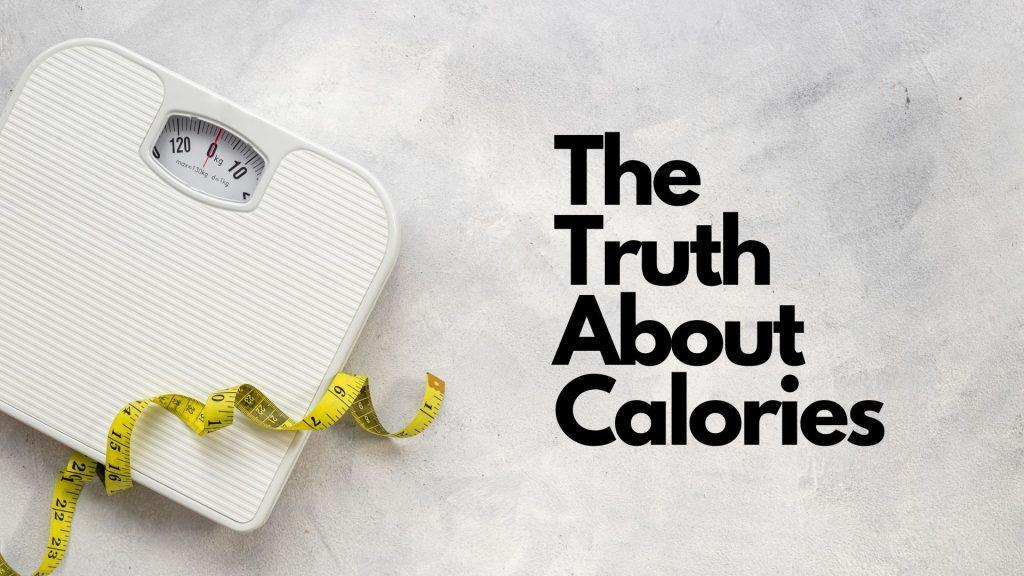
The amount of calorie intake is very crucial in order to maintain a healthy lifestyle. Whatever your goal, whether it is weight loss, muscle gain, maintenance you need to know your caloric needs per day. In this guide, we’ll walk you through everything you’ll need to know about daily calories.
What Are Calories?
Low-calorie foods are food that contains fewer calories than it provides energy. We require calories to fuel our most basic physiological processes: breathing, digesting, moving. How many calories you need depends on various factors.
Reasons the Number of Calories Needed for Each Person Varies
Many factors affect how many calories you should consume each day. Here are some of the most important:
Age – Calorie needs also decrease with age as metabolism slows down as one ages.
Gender – Men typically need more calories than women because of their greater muscle mass.
Activity Level – Those who are more active will burn more calories.
Metabolism – Some people burn more calories at rest.
Weight Goals – Weight loss, weight gain, or maintain impact how many calories you consume.
Body Composition – As muscle burns calories and fat does not, high muscle levels and low fat levels will change requirements daily.
How To Determine The Right Daily Caloric Intake For Yourself
Use the Total Daily Energy Expenditure (TDEE) formula to estimate how many calories you need. It includes:
Basal Metabolic Rate (BMR)
BMR is the calories that your body burns in a resting state. You can determine it using the Mifflin-St Jeor Equation:
For Men:
BMR = (10 × weight in kg) + (6.25 × height in cm) − (5 × age in years) + 5
For Women:
BMR = (10 x weight in kg) + (6.25 x height in cm) – (5 x age in years) – 161
The total daily energy expenditure (TDEE)
TDEE (total daily energy expenditure) : BMR x activity level
Sedentary (no exercise) – BMR × 1.2
Lightly active (light exercise 1–3 days a week) – BMR × 1.375
Moderately active (moderate exercise 3–5 days a week) – BMR × 1.55
Very active (hard exercise 6–7 days a week) – BMR × 1.725
Very active (athlete or job with tough manual labor) — BMR × 1.725
Your daily calorie needs depend on your goals
How many calories you need depends on whether you want to lose weight, maintain weight, or gain weight.
For Weight Loss
In order to lose weight, you need to create a calorie deficit — burn more calories than you eat. A general rule:
Mild weight loss (0.5 lbs per week) – Decrease daily intake by 250 calories
Moderate weight loss (1 lb / week) – 500 kcal less / day
Fast weight loss (2 lbs per week) – 1000 calorie reduction a day.
For example: If your TDEE is 2,000 kcal, a daily intake of 1,500 kcal can lead to a weight loss of approximately 1 lb per week.
For Weight Maintenance
If you eat same amount of calories as your TDEE, you’ll maintain your weight. That means you neither lose, or gain, weight.
For Weight Gain
To bulk up, eat more calories than your TDEE.
For mild weight gain (0.5 lbs per week) – Increase 250 calories per day.
Moderate gain (1 lb per week) – Increase your intake of calories by 500 calories per day
Quick weight gain (2 lb a week) – Add 1000 calories a day.
For instance, if your TDEE is 2,500 calories, eating 3,000 calories daily should put you at ~1 lb of gain every week.
Healthful Calories: Choosing What You Eat
Not all calories are equal. Eat for health, embrace nutrient-dense foods:
Healthy Calorie Sources:
Proteins — chicken, fish, eggs, beans, nuts
Good Fats: avocado, olive oil, nuts, seeds
Dairy Products: Yogurt, low-fat, and cottage cheese Complex Carbs: Whole grains, fruits, vegetables, legumes
Foods to Limit:
Ultra-processed foods – High in unhealthy fats and sugar
Sugary drinks – These are just empty calories with no nutrition
Junk food – Typically loaded with trans insects and sodium
How to Lose Weight: Calories In, Calories Out
It also tracks calories to help keep you consistent. Here are some methods:
Weight Loss Notes — Keep track of what you eat with food journals.
MyFitnessPal – Calorie Counting Apps
Portion control – Know the average serving.
Meal Planning – Avoid overeating by preparing meals ahead of time.
Here are some tips for managing your calories:
Here are some tips to keep you within your calorie goals if you’re having trouble doing so:
Eat Meals Rich in Protein — Protein keeps you fuller for longer.
Hydrate – Occasionally thirst disguises itself as hunger.
Eat Mindfully – Do not eat while doing other things.
Use Smaller Plates – Aid in portion control plate size
Final Thoughts
Figuring out how many calories you should eat in a day is essential for reaching your health goals. Calculating your TDEE, eating quality food, and tracking your intake will help you control your weight. Tip: Constant commitment is the victory to shushing success!
Got calorie intake questions? If you have any, leave them in the comments below!
